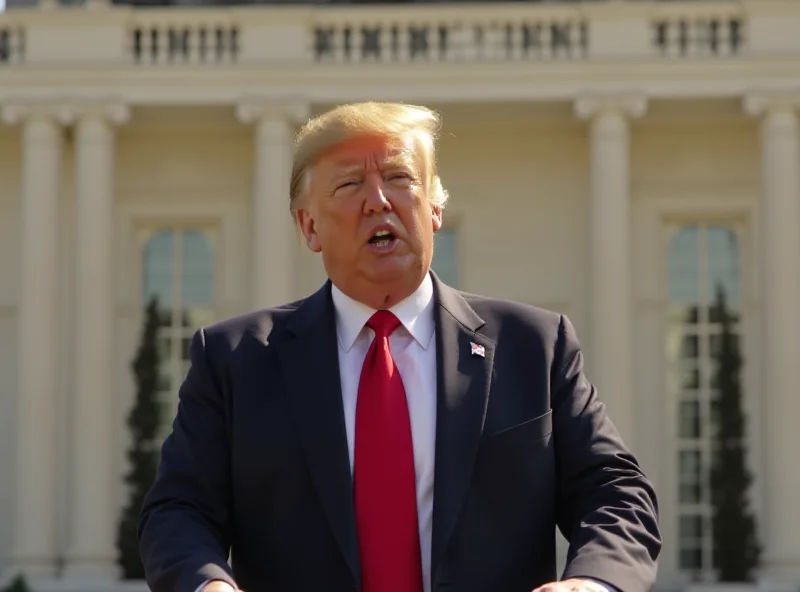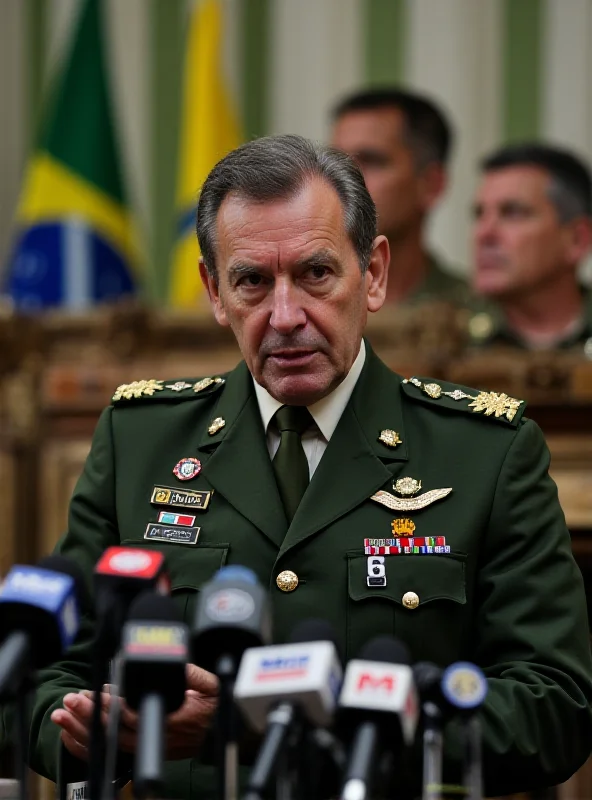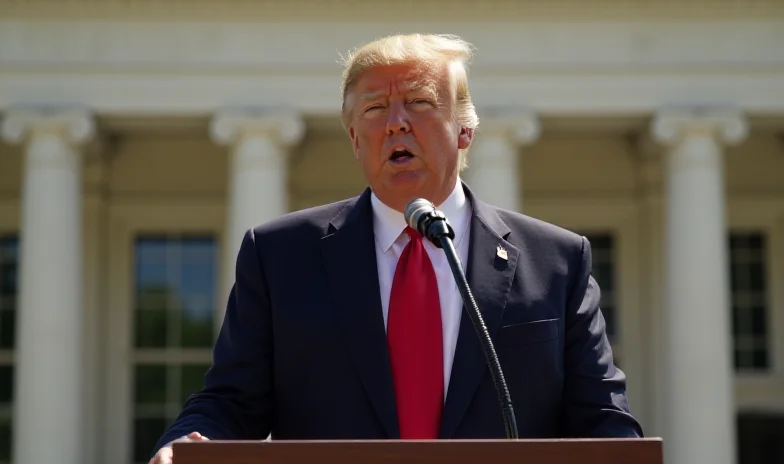This week, the name "Hamilton" is popping up in some unexpected places, connecting seemingly disparate political controversies across the Americas. From the hallowed halls of the Kennedy Center in Washington D.C. to the political landscape of Brazil, the hit musical and the man it's named after are tangentially linked to unfolding dramas.
"Hamilton" Refuses to Play at Trump's Kennedy Center
In the United States, former President Donald Trump has unexpectedly assumed control of the board of directors of the prestigious Kennedy Center. Trump announced a new programming direction that explicitly rejects what he calls "woke" policies. This move has already sparked controversy, with the musical "Hamilton" reportedly refusing to perform at the venue under his leadership.

The decision by "Hamilton" to boycott the Kennedy Center sends a clear message about the cultural and political divides in the United States. The musical, known for its diverse cast and progressive themes, is taking a stand against what it perceives as a regressive shift in the institution's direction. This bold move is sure to ignite further debate about the role of art and culture in the political arena.
Heleno Dismisses Coup Allegations as "Argumentative Flat Earth"
Meanwhile, in Brazil, General Augusto Heleno is facing scrutiny regarding allegations of involvement in a coup attempt. In his defense, presented on March 6th, Heleno dismissed the accusations as "argumentative flat earth," implying that the claims are based on unfounded and irrational arguments.
Heleno presented Hamilton Mourão and Marcelo Queiroga as witnesses in his defense. The inclusion of these figures adds another layer of complexity to the situation, raising questions about their potential involvement or knowledge of the alleged coup plot. The phrase "argumentative flat earth" highlights Heleno's strong denial and his attempt to discredit the allegations as entirely baseless.

Connecting the Threads
While seemingly unrelated, these two stories share a common thread: the intersection of politics, culture, and powerful personalities. Whether it's a Broadway hit taking a stand against political influence or a general dismissing coup allegations, these events underscore the complex and often unpredictable nature of contemporary political discourse. The use of "Hamilton" in both contexts, albeit indirectly, highlights the enduring impact of history and the power of symbols in shaping public opinion.

The contrasting situations in the United States and Brazil serve as reminders of the diverse challenges facing democracies around the world. From cultural institutions grappling with political interference to individuals facing serious accusations, the pursuit of truth and accountability remains a constant and vital endeavor.
